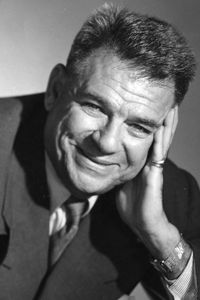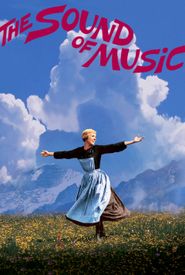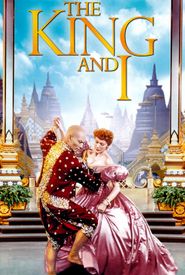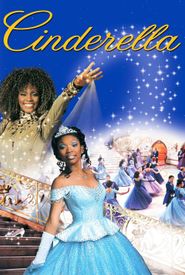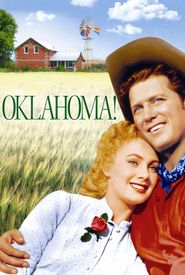Oscar Hammerstein II was a renowned American lyricist, librettist, theatrical producer, and musical theatre director from New York City. He won eight Tony Awards for his iconic works, including "South Pacific", "The King and I", and "The Sound of Music". Additionally, he won two Academy Awards for Best Original Song, for "The Last Time I Saw Paris" and "It Might as Well Be Spring".
Born in 1895, Hammerstein was the son of the theatrical manager William Hammerstein and his first wife Alice Nimmo. His paternal grandfather, Oscar Hammerstein I, was a theatrical impresario and composer who popularized opera in the United States. Hammerstein's parents were both of German and British descent.
Hammerstein studied at Columbia University and later at Columbia Law School. However, he dropped out of law school in 1917 to pursue a career in the theatre. He was mentored by the lyricist and librettist Otto Harbach, who taught him the importance of connecting music, lyrics, and story in musicals.
Hammerstein's first success came with the musical "Show Boat" in 1927, which he co-wrote with composer Jerome Kern. This revolutionary musical dealt with serious issues and tragedy, departing from the light-hearted entertainment that was typical of American musicals at the time.
Hammerstein's collaboration with Richard Rodgers began in the early 1940s, and their partnership produced some of the most iconic American musicals, including "Oklahoma!", "Carousel", "South Pacific", "The King and I", and "The Sound of Music". Their works often tackled social issues, such as discrimination and domestic abuse.
In addition to his work in musical theatre, Hammerstein was an advocate for writers' rights and was elected president of the Dramatists Guild of America in 1956. He served in this role until 1960.
Hammerstein passed away in 1960 at the age of 65 due to stomach cancer. He was survived by his wife Dorothy and their son James, who followed in his father's footsteps as a theatre director and producer.
